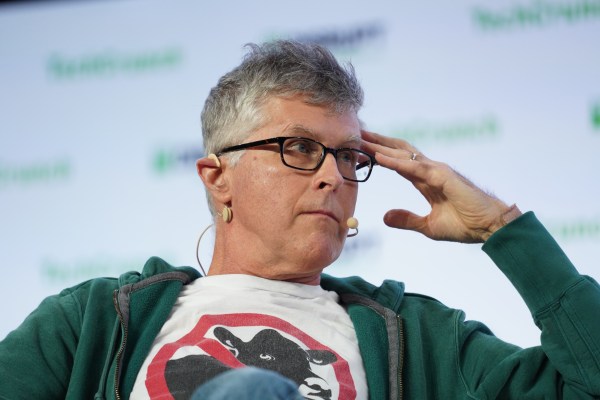Starting tomorrow, 777 supermarkets in California, Illinois, Indiana, Iowa and Nevada will begin stocking the Impossible Foods plant-based meat substitute.
Fueling the increased distribution and a push to expand its product suite and geographic footprint domestically and internationally is a $500 million round of funding the company closed in March.
Some of that money is supporting the company’s debut at stores like Albertsons, Jewel-Osco, Pavilions, Safeway and Vons.
In all, the company said it would be in nearly 1,000 grocery stores by tomorrow. That includes all Albertsons, Vons, Pavilions and Gelson’s Markets in Southern California; all Safeway stores in Northern California and Nevada; Jewel-Osco stores in Chicago, eastern Iowa and northwest Indiana; Wegmans stores on the East Coast and Fairway markets in and around New York.
Since its debut in September, the company said it was the number one item sold at the locations it was available on the East and West coasts.
The company’s 12-ounce packages are sold for somewhere between $8.99 and $9.99 and it plans to soon introduce the Impossible Burger at even more stores nationwide.
“We’ve always planned on a dramatic surge in retail for 2020 — but with more and more Americans’ eating at home, we’ve received requests from retailers and consumers alike,” said Impossible Foods’ president Dennis Woodside, in a statement. “Our existing retail partners have achieved record sales of Impossible Burger in recent weeks, and we are moving as quickly as possible to expand with retailers nationwide.”
Even as the company announced its expansion, it made moves to assuage any consumer concerns over the processes in place at its manufacturing facilities.
Impossible Foods said it had instituted mandatory work from home policies for all of its employees who can telecommute; restricted visitors to its facilities and those operated by co-manufacturers; banned all work-related travel; and implemented new sanitizing and disinfection procedures at its workplaces.
“Our No. 1 priority is the safety of our employees, customers and consumers,” Woodside said. “And we recognize our responsibility for the welfare of our community, including the entire San Francisco Bay Area, our global supplier and customer network, millions of customers, and billions of people who are relying on food manufacturers to produce supplies in times of need.”
The company said it was proceeding with its research and development initiatives; accelerating the ramp of its production facilities; and moving to broadly commercialize its Impossible Sausage and Impossible Pork products.
Impossible Foods has raised $1.3 billion from investors, including Mirae Asset Global Investments, Khosla Ventures, Horizons Ventures and Temasek.
